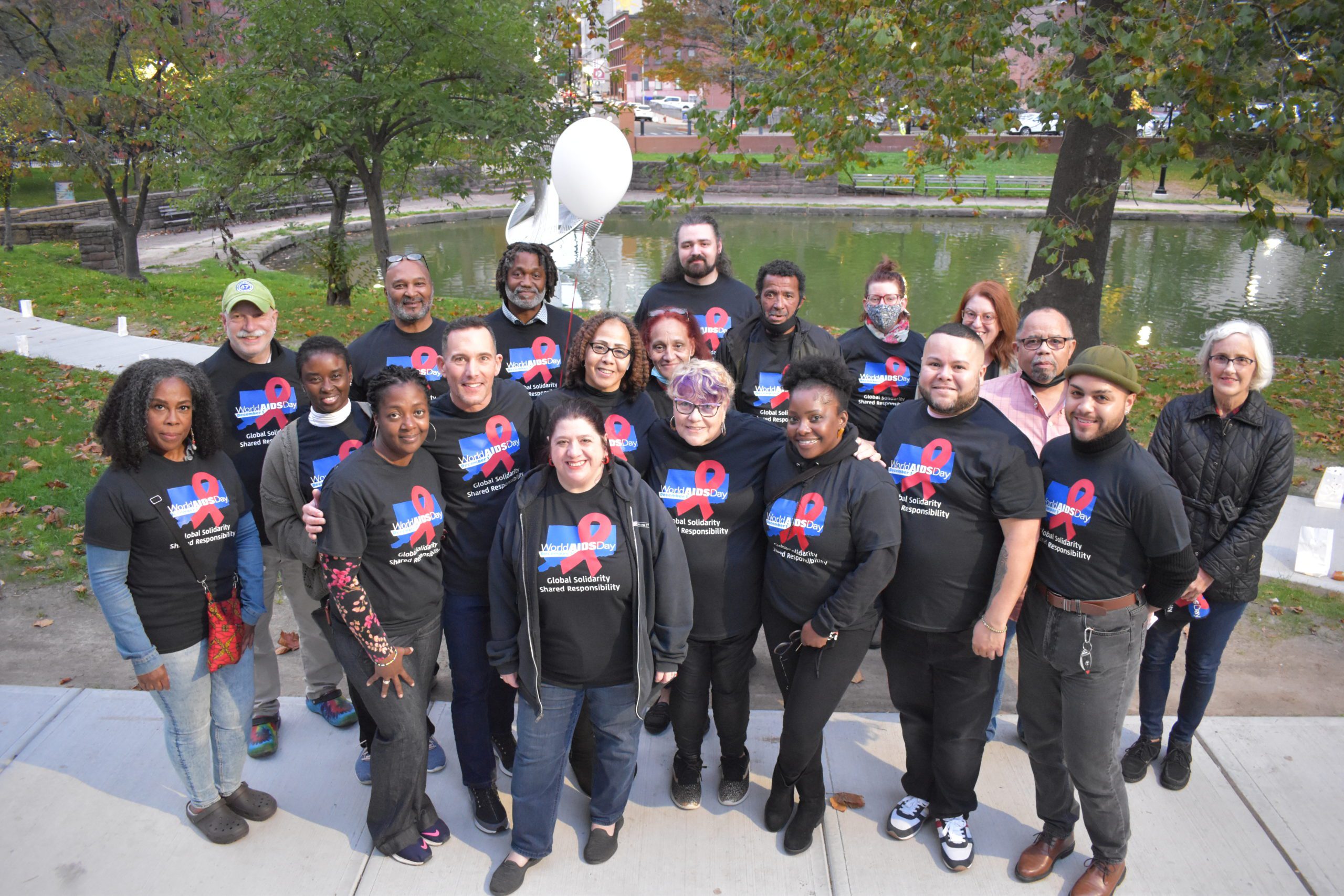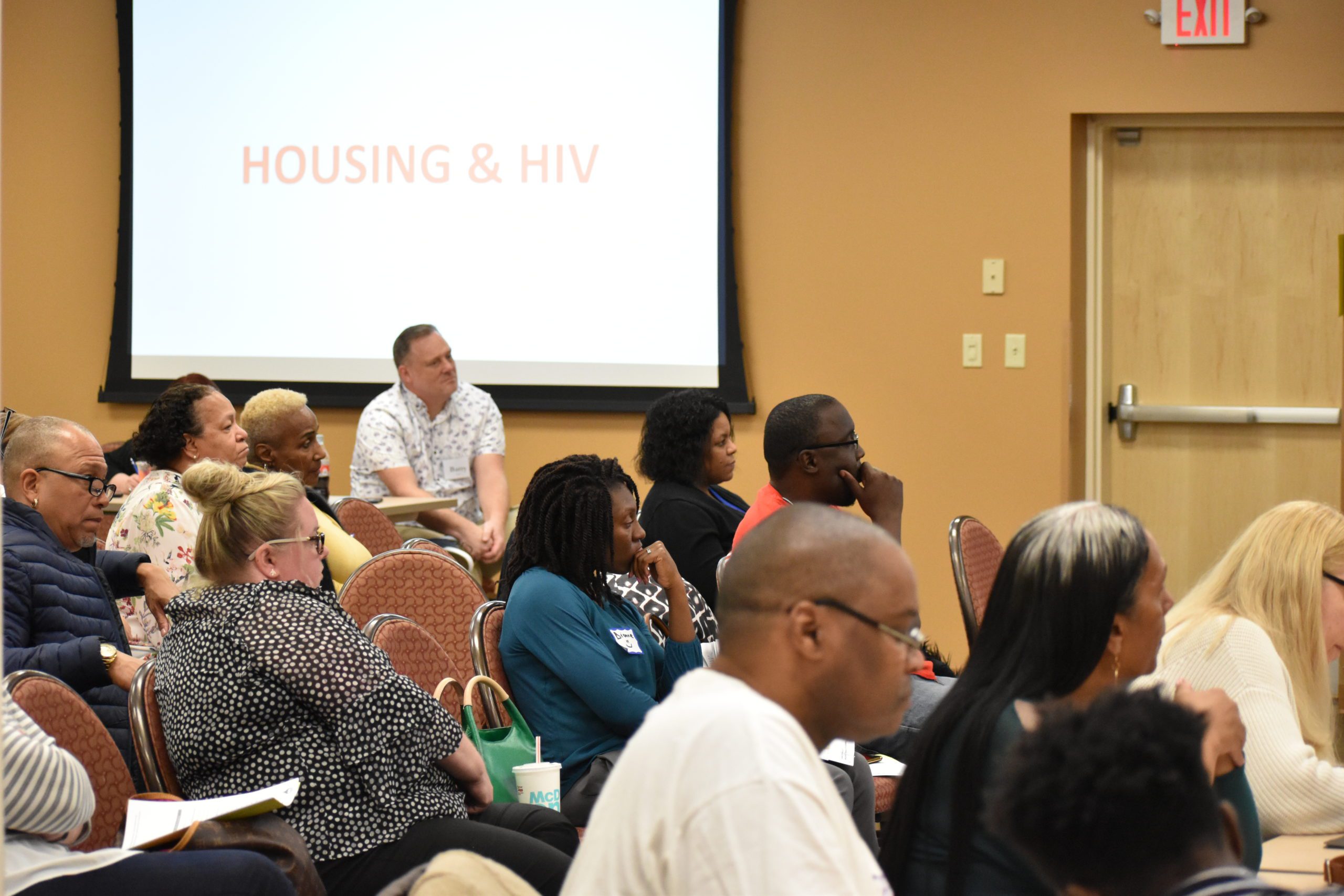There are many ways to get involved in your community to raise awareness about one or more of the epidemics. Learning and spreading the facts is one way. We can all do our part to fight stigma and End the Syndemic!
Host a testing event, educational event, World AIDS Day event, or even a memorial vigil at your school, church, or community center. October is AIDS Awareness Month and December 1st is World AIDS Day.
Click on Learn More to find a list of all the National HIV Awareness Days:



